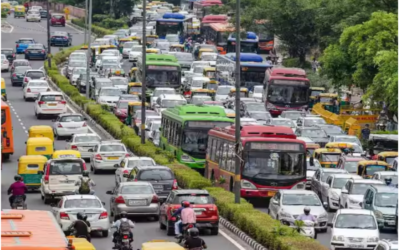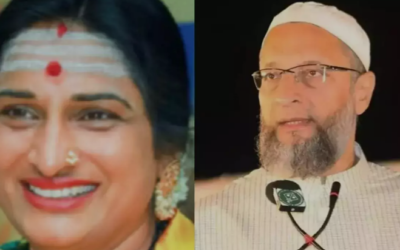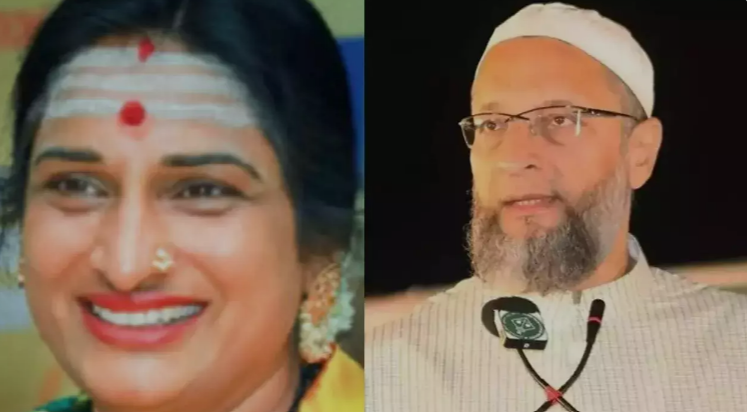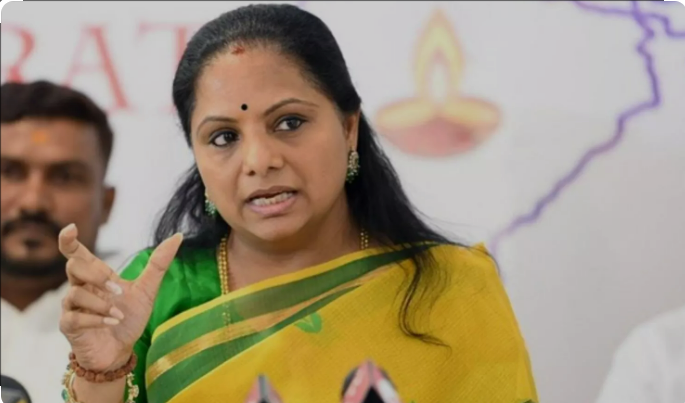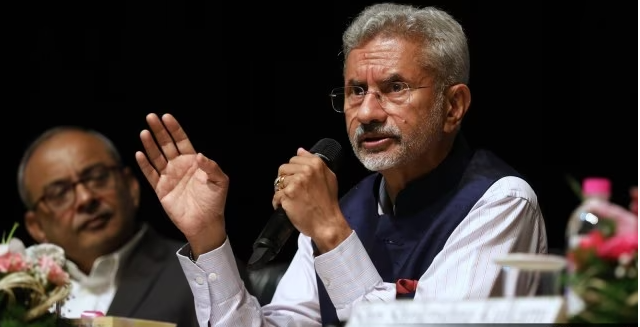41 Canadian diplomats are removed from India during a major diplomatic dispute.
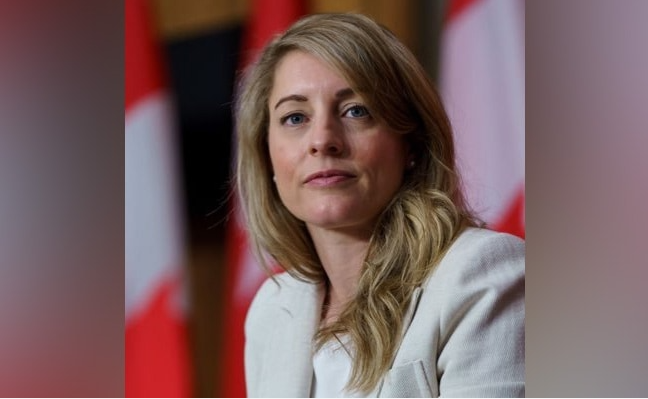
Since Ottawa openly connected Indian intelligence to the murder of Canadian citizen Hardeep Singh Nijjar, a member of the Khalistani terrorist organization, ties between India and Canada have deteriorated dramatically.
As a result of a sharp dispute over the death of a terrorist from Khalistani province on Canadian territory, Canada announced on Thursday that it has pulled 41 ambassadors from India.
Foreign Affairs Minister Melanie Joly stated that Ottawa would be compelled to remove the remaining diplomats if India were to “unethically” withdraw diplomatic protection for all but 21 of Canada’s ambassadors and their families by Friday.
We have made it possible for them to leave India safely,” Ms. Joly continued. “This means that our diplomats and their families have now left.”
Since Prime Minister Justin Trudeau last month openly connected Indian intelligence to the death of Khalistani terrorist Hardeep Singh Nijjar—a claim India has denied—ties between India and Canada have deteriorated dramatically.
Nijjar was wanted by Indian police for alleged terrorism and murderous conspiracy. Nijjar supported the creation of a separate Sikh state within India.
In an effort to avoid “escalating the situation,” Ms. Joly stated on Wednesday that “revoking the diplomatic immunity of 41 diplomats is not only unprecedented, but also contrary to international law.” However, she added that Canada did not intend to respond in kind.
In addition to maintaining its relationship with India, Canada will uphold international law, which is applicable to all countries,” the spokesperson declared.
“Now more than ever we need diplomats on the ground and we need to talk to one another,” Joly stated.
Canada has requested that India assist in the investigation; however, New Delhi has denied the accusations and responded with actions like stopping Canadian visa services.
Due to the issue, Ottawa also dismissed an Indian diplomat.
Last month in New York, External Affairs Minister SJaishankar stated that his nation would be open to reviewing any proof that Canada provided.
In actuality, we have been harassing the Canadians. Regarding Sikh separatists, Mr. Jaishankar remarked, “We’ve given them a ton of information about organized crime leadership that operates out of Canada.”
“We have a situation where actually our diplomats are threatened, our consulates have been attacked and often comments are made (that are) interference in our politics,” he stated.
The Indian government has referred to the Canadian claims regarding the killing as “absurd” and has cautioned its citizens against visiting specific Canadian locations “due to the rise in anti-Indian sentiment.”
Additionally, India briefly ceased handling Canadian visa applications.
Nijjar, a 1997 immigrant who obtained citizenship in Canada in 2015, was shot and killed in June in the parking lot of a Sikh temple close to Vancouver by two masked attackers.
About 2 percent of Canadians are Sikhs, numbering about 770,000, and a sizable portion of them advocate for the creation of a distinct state called Khalistan.
In India, where security forces employed lethal force to put down an insurgency in the state of Punjab in the 1980s, the Sikh separatist movement has essentially come to an end.
